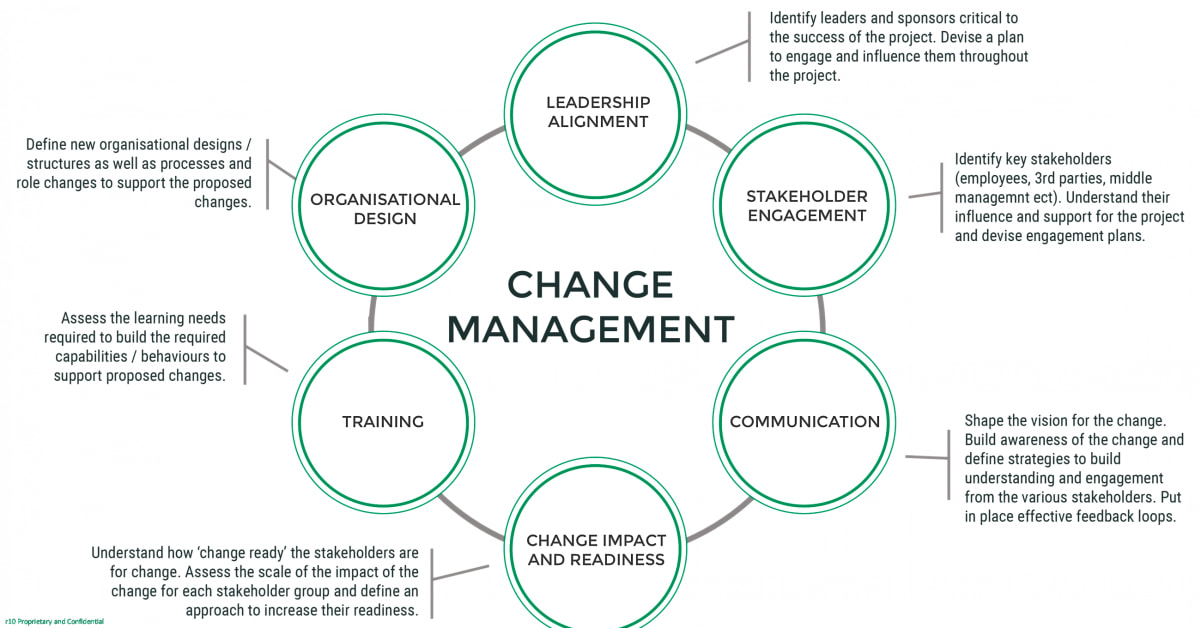Are you looking to start your own small business consulting firm? One of the most important aspects of setting up a successful consulting business is getting your legal and financial setup in order. This can seem daunting, but with the right knowledge and guidance, you can ensure that your business is on solid ground.
In this comprehensive guide, we will cover everything you need to know about legal and financial setup for small business consulting. We will discuss the key steps you need to take, the important documents you need to have in place, and the common mistakes to avoid.
Whether you are just starting out or looking to optimize your existing consulting business, this guide will provide valuable insights and resources to help you succeed. So let’s dive in and set your small business consulting firm up for success!
Are you a small business owner looking to improve your business processes and strategies? Or perhaps you are seeking professional guidance and advice on how to grow your business. In either case, legal and financial setup is an important aspect that should not be overlooked. In this article, we will cover everything you need to know about legal and financial setup for small business consulting.
First, let’s discuss the different types of consulting services available and how they can benefit your business. Consulting services can range from general business consulting to more specialized areas such as marketing, human resources, and finance. By utilizing these services, you can gain valuable insights and expertise that can help you make informed decisions and improve your overall business operations.
Now, let’s dive into the legal aspects of setting up a consulting business. The first step is to choose the right business structure for your consulting firm. This could include a sole proprietorship, partnership, limited liability company (LLC), or corporation. Each structure has its own advantages and disadvantages, so it’s important to carefully consider which one best suits your business needs.
Next, you will need to obtain necessary permits and licenses to legally operate your consulting business. This may include a business license from your local government, as well as any professional licenses required for the specific services you offer. It’s crucial to research and comply with all regulations and requirements to avoid any legal issues down the road.
Moving on to the financial side of things, budgeting is an essential aspect of any business, including a consulting firm. As a consultant, you will have to manage your own finances as well as those of your clients. It’s important to set a realistic budget that takes into account all expenses, such as office space, equipment, and marketing costs.
Tax considerations are also crucial to keep in mind when setting up your consulting business. Depending on your business structure, you may be subject to different tax obligations. It’s recommended to consult with a tax professional to ensure you are following all necessary tax laws and regulations.
Lastly, insurance is another important aspect of the financial setup for a consulting business. As a consultant, you will be providing advice and recommendations to clients, which could potentially lead to legal action if something goes wrong. It’s important to have professional liability insurance to protect yourself and your business in case of any claims.
In conclusion, setting up a small business consulting firm involves both legal and financial considerations that should not be taken lightly. By choosing the right business structure, obtaining necessary permits and licenses, budgeting effectively, and staying informed about tax and insurance obligations, you can set your consulting business up for success. We hope this comprehensive guide has provided you with valuable insights and information to help you on your journey as a small business consultant.
Understanding Different Types of Consulting Services
There are various types of consulting services that small businesses can benefit from. These include:
- Financial consulting: This type of consulting focuses on helping businesses manage their finances, create budgets, and make financial decisions that will lead to growth and success.
- Legal consulting: Small businesses often need legal advice and guidance to ensure compliance with laws and regulations. Legal consulting services can also help with contract review and negotiation.
- Marketing consulting: Marketing is crucial for the success of any business. Marketing consulting services can help small businesses develop effective marketing strategies and campaigns.
- HR consulting: Managing human resources can be challenging for small businesses. HR consulting services can provide guidance on employee relations, recruitment, and performance management.
- IT consulting: Technology is essential for modern businesses, but it can also be complex and overwhelming. IT consulting services can assist with setting up and maintaining IT systems.
In conclusion, small business consulting can greatly benefit from professional legal and financial setup. By understanding the different types of consulting services available and the necessary legal and financial steps, you can effectively start and manage your consulting business.





